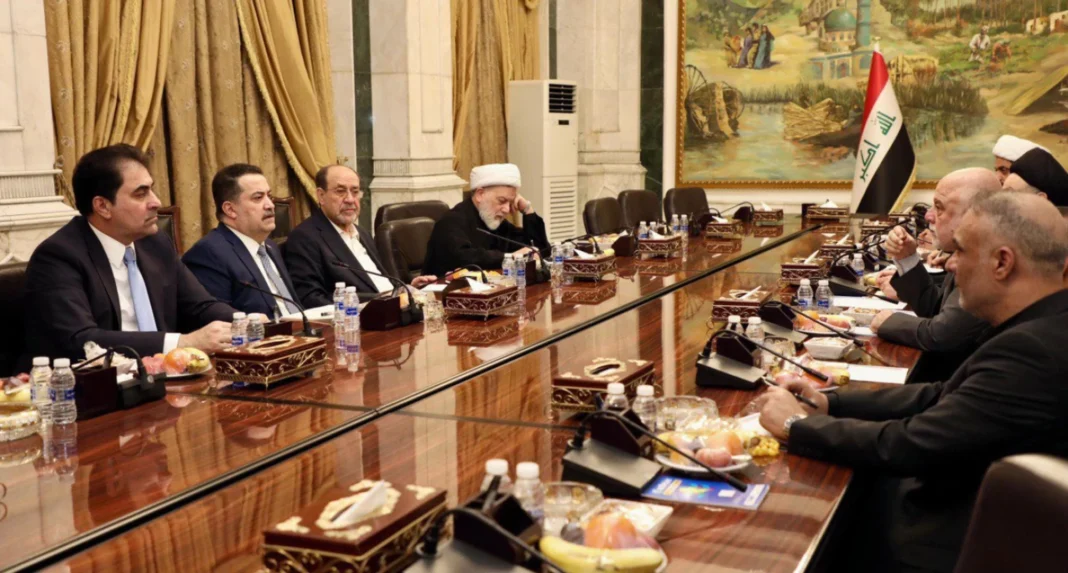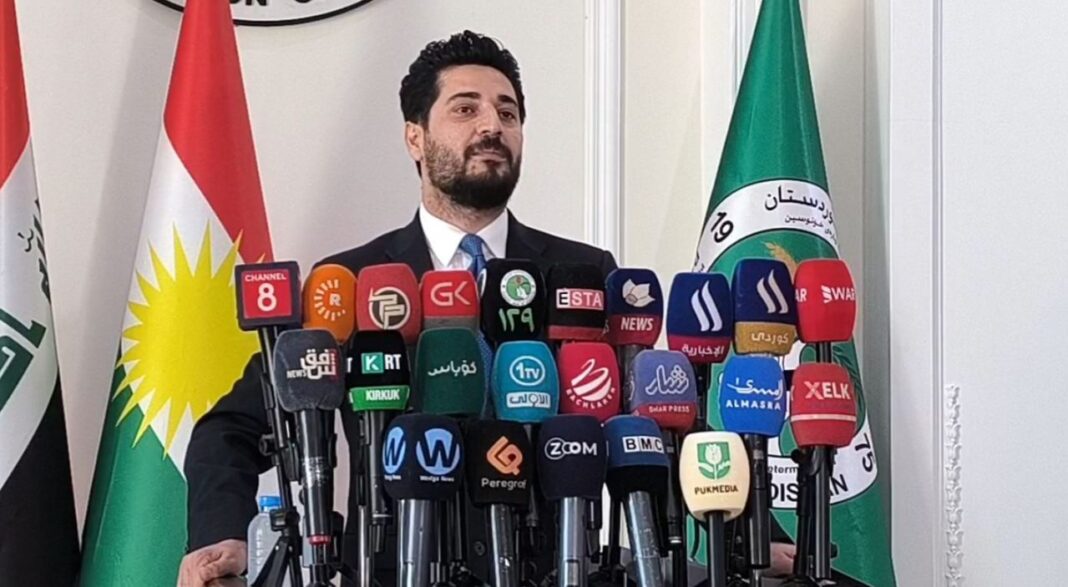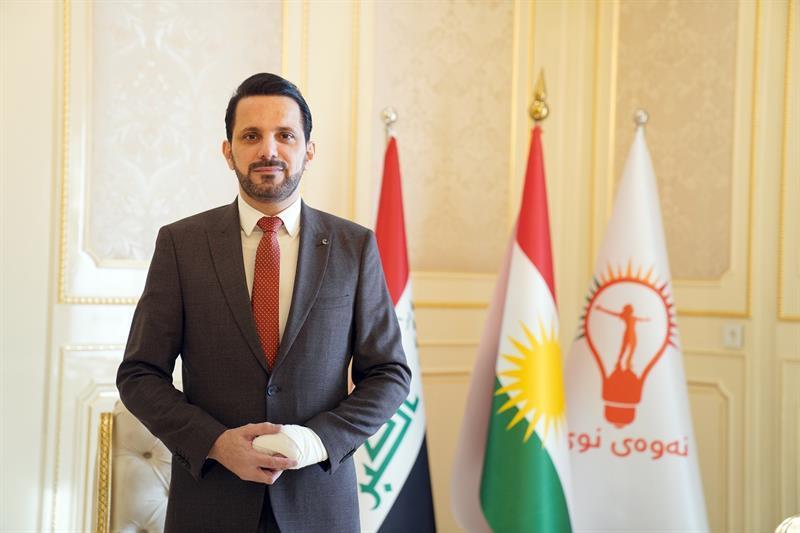Political Accountability in Iraq returned to the center of national debate after senior Sunni politician Saleh al-Mutlak strongly criticized the Shiite Coordination Framework. He spoke during an interview with Zagros TV and firmly rejected any attempt to duplicate the Framework’s structure within Sunni political groups. He argued that Iraq needs genuine reform, and Political Accountability in Iraq must guide political decisions rather than narrow interests.
During the interview, al-Mutlak questioned the usefulness of the existing Framework. He asked what it had offered the country and why anyone should copy a model that failed to improve public life. He stressed that the initiative seemed focused on dividing positions and benefits instead of improving governance. As well as, said the idea served groups, not citizens, and that Iraq deserved a better approach.
Meanwhile, major Sunni parties announced a new alliance called the National Political Council. They introduced it as a unified Sunni front for the sixth parliamentary cycle. They also presented it as a political counterweight to the Shiite Coordination Framework, which currently shapes Iraq’s government. However, al-Mutlak warned that repeating flawed structures would harm national unity. He said Political Accountability in Iraq demanded more transparent and effective models.
Furthermore, he pointed to the Framework’s record in several communities. He noted that cities such as Diwaniyah and Samawah still suffer from widespread poverty. He argued that the Framework failed to address these issues, and he urged political leaders to avoid copying this approach and emphasized that Iraq needs competition for national progress, not competition for positions.
Al-Mutlak also addressed speculation about Muqtada al-Sadr. He stated that al-Sadr would never join the Framework. He added that no one could predict al-Sadr’s future decisions, since the cleric acts independently. Later, criticized the election process itself and said excessive political money shaped the results.
Nevertheless, he acknowledged that the Framework recently made smart moves. He said bringing in figures like Haider al-Abadi and Humam Hammoudi added political weight. He argued that Sunni parties should follow a similar path by including strong social figures rather than relying only on leaders of winning blocs.
Additionally, he discussed Iran’s influence. He claimed Iran previously shaped Sunni appointments and still impacts new political structures. Also, questioned the Framework’s decision to form a committee to interview prime ministerial candidates. He called the idea symbolic and unrealistic, especially regarding senior figures like Nouri al-Maliki or Mohammed Shia’ al-Sudani.
Finally, al-Mutlak highlighted the ongoing tension between Iran and the United States. He said this rivalry affects the choice of prime minister. He warned that selecting a candidate unacceptable to Washington could drag Iraq into deeper problems.



